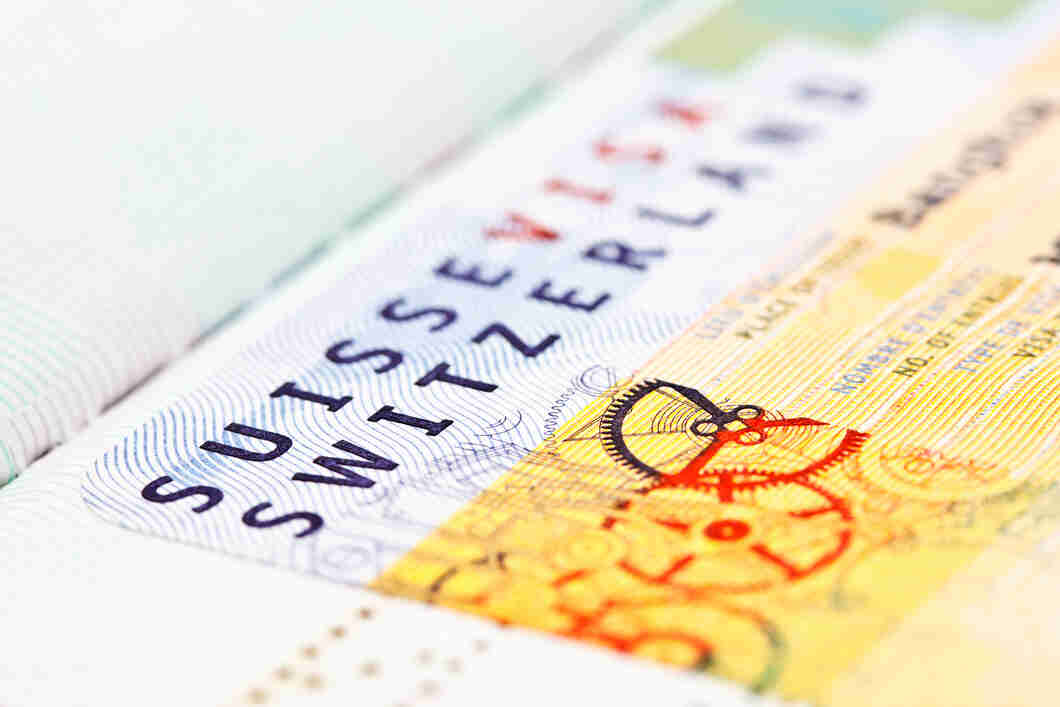Traveling with children requires careful planning, especially when it comes to obtaining the necessary visas. For Japanese passport holders planning a trip to India with their children, understanding the visa requirements is essential. This article aims to provide a comprehensive guide to Indian visa requirements for children and Japanese passport holders, ensuring a smooth and hassle-free travel experience. INDIAN VISA REQUIREMENTS FOR CHILDREN
Indian Visa Requirements for Children
When it comes to obtaining Indian visas for children, there are specific requirements to consider. Firstly, it’s essential to determine the type of visa required for the child’s visit to India. Whether it’s a tourist visa, student visa, or dependent visa, each has its own set of criteria and documentation requirements.
For tourist visas, parents or legal guardians need to provide the child’s birth certificate, passport-sized photographs, and proof of relationship to the child. Additionally, a consent letter from both parents authorizing the child’s travel may be required, especially if one parent is not accompanying the child.
For student visas, apart from the standard documentation, proof of enrollment in an Indian educational institution is necessary. Similarly, for dependent visas, proof of dependency on the primary visa holder, such as a spouse or parent, must be provided.
It’s essential to check the latest visa requirements and guidelines from the Indian embassy or consulate in your country before submitting the application. Failure to provide the necessary documents can result in delays or rejection of the visa application. INDIAN VISA FOR JAPANESE PASSPORT HOLDERS
Indian Visa for Japanese Passport Holders
Japanese passport holders planning a trip to India have several visa options to choose from. The most common types of visas include tourist visas, business visas, and e-visas for shorter stays.
For tourist visas, Japanese citizens can apply online for an e-visa, which allows for a stay of up to 90 days for tourism, recreation, or casual visits to meet friends or relatives. The e-visa application process is straightforward and can be completed online, eliminating the need to visit the embassy or consulate in person.
For longer stays or other purposes such as business or employment, a regular visa application may be required. In such cases, Japanese passport holders need to submit the necessary documents, including a valid passport, visa application form, passport-sized photographs, and proof of purpose of visit.
It’s essential to submit the visa application well in advance of the planned travel dates to allow for processing time. Delays or last-minute visa applications can disrupt travel plans and cause unnecessary stress.
Traveling to India with Children
Traveling to India with children can be a rewarding experience, but it requires careful planning and preparation. India offers a wide range of child-friendly attractions, including historical sites, wildlife sanctuaries, and amusement parks.
Before traveling, it’s essential to research and plan an itinerary that caters to the interests and needs of the children. Consideration should be given to factors such as safety, healthcare, and accommodation options suitable for families.
When traveling with children in India, it’s essential to take precautions to ensure their safety and well-being. Avoiding crowded areas, especially during peak hours, and staying vigilant at all times can help minimize risks.
It’s also advisable to carry essential medications and first-aid supplies for minor emergencies. Healthcare facilities in India may vary in quality and accessibility, especially in remote areas, so being prepared can provide peace of mind.
Conclusion
In conclusion, understanding the Indian visa requirements for children and Japanese passport holders is crucial for a smooth and hassle-free travel experience. By ensuring all necessary documents are in order and planning ahead, travelers can avoid unnecessary delays and enjoy their time exploring India’s rich cultural heritage and natural beauty.



